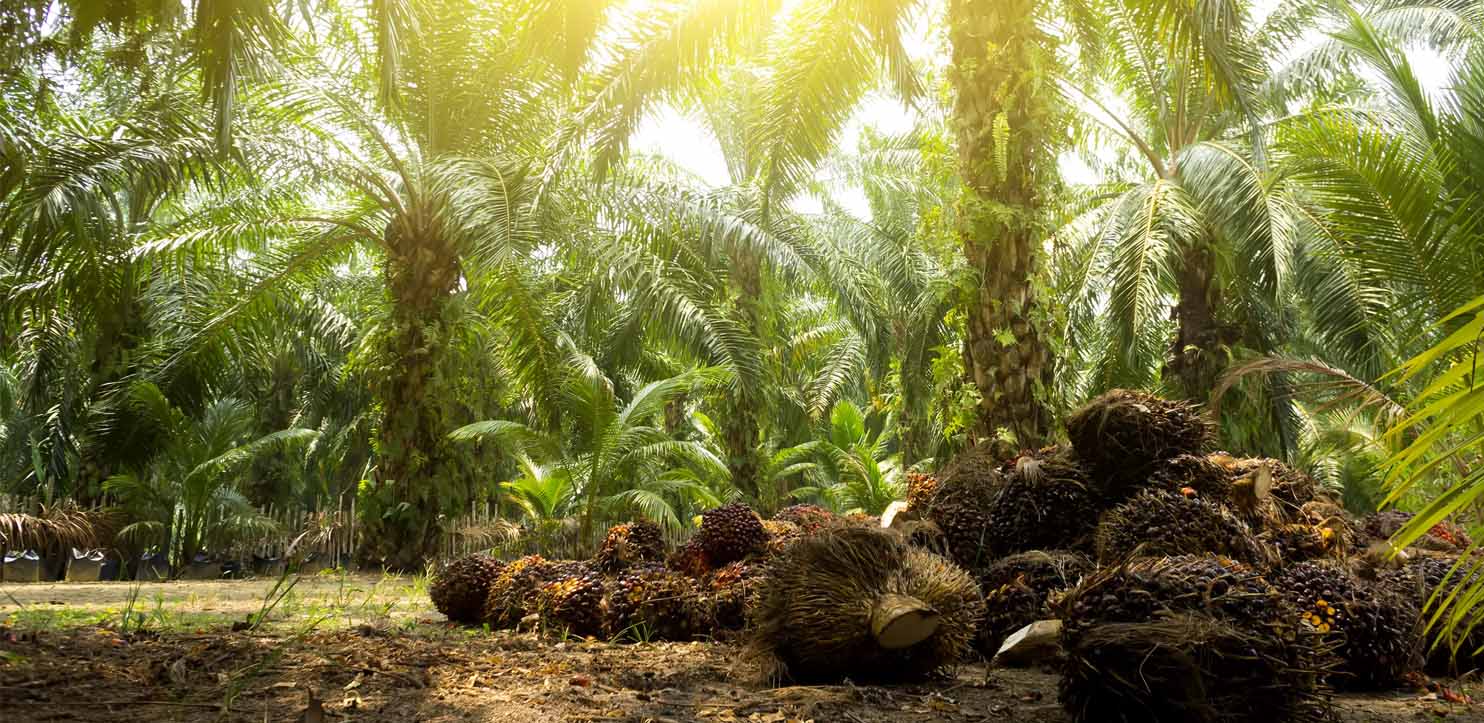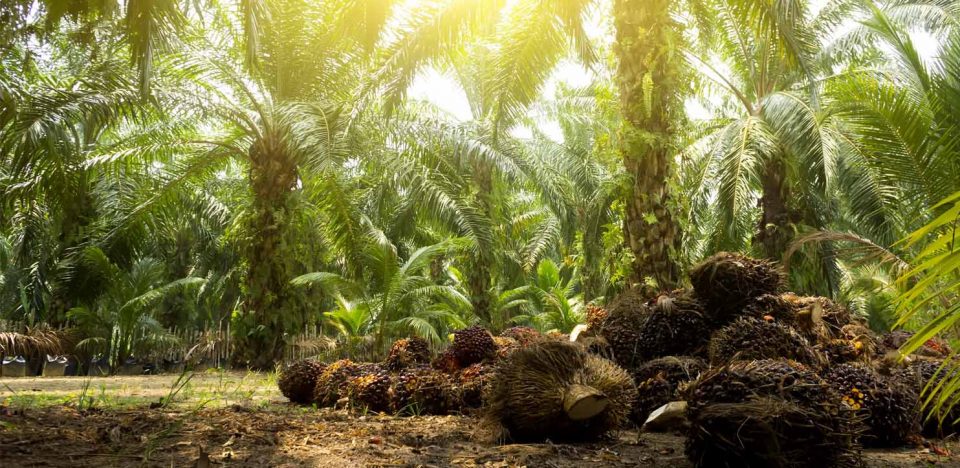
KUALA LUMPUR – The Malaysian Palm Oil Board (MPOB) will have a daunting task in reducing Malaysia’s mounting palm oil stocks, said to be at its highest level in 20 years, but the industry regulator is not perturbed by the alarming situation.
Its director-general, Datuk Ahmad Kushairi Din, said the task ahead is to reduce stocks to 2.5 million tonnes by year-end from the high of 3.2 million tonnes, recorded as at end-December 2018.
This effort to reduce stocks would be mainly driven by several trade promotions to be undertaken by the government and related agencies.
He said MPOB acknowledged that the situation was cause for concern as rising stocks meant low prices for the commodity.
“Normally, anything (stocks) that is more than two million tonnes will give us an uneasy feeling and this (current level) is more than three million… obviously we need to do something aggressive,” he told Bernama in a telephone interview today.
Ahmad Kushairi said new uses for palm oil must be found besides its traditional use in the production of cooking oil, margarine and soap.
The MPOB welcomed the government’s decision to implement the B10 biodiesel programme for the transportation sector and B7 for the industrial sector, which could help diminish stocks by 751,000 tonnes, annually.
“We are continuously promoting our palm oil globally and at home. We spend a lot of money, be it through the MPOB, Malaysian Palm Oil Council (MPOC) and also the Ministry of Primary Industries.
“Throughout the year, we have our agenda and this includes the “Love MY Palm Oil” campaign which was launched by the minister, Teresa Kok Suh Sim, recently.
“The campaign is aimed at fighting the anti-palm oil campaign that is threatening the livelihood of smallholders,” he said.
Smallholders should be given more support and technical assistance to meet sustainability objectives which is the centre of high-level lobbying mounted by the European Union against palm oil.
At a broader level, Ahmad Kushairi noted that the government was in the midst of discussing the relocation of several MPOB and MPOC offices overseas, which were said to be “in the wrong location”, making it difficult for promotion purposes.
“Work is in progress and we will settle this issue as soon as possible”, he added.
Echoing this, Zaafi Global Venture Sdn Bhd managing director Roslinda Abu said indeed some of the offices were in non-strategic and rural locations, hence making it difficult for buyers and sellers to meet and strike a deal.
“I also think that close ties between government-to-government need to be enhanced and the import duty imposed by importing countries need to be reviewed and revised,” she opined.
Roslinda is an importer and exporter of food products including palm oil and latex gloves.
She suggested that Malaysian embassies take on an aggressive stand in promoting palm oil by increasing awareness and highlighting its benefits to consumers abroad.
“The Indian government’s decision to cut customs duty on crude palm oil imported from Malaysia to 40 per cent from 44 per cent, has helped increase Malaysian palm oil exports to that country which is home to 1.34 billion people,” she said.
Roslinda also said if Malaysia can enhance its rapport with other countries, they too could follow India’s footstep to reduce import duty on Malaysia’s golden oil.
The world’s number one palm oil producer, Indonesia, is widely selling palm oil at a cheaper price and is being urged to compete on a level playing field.
Last year, Malaysia’s top five major palm oil export destinations were India at 2.51 million tonnes, European Union (1.91 tonnes), China (1.86 tonnes), Pakistan (1.16 tonnes) and the Philippines (0.69 tonnes).
He also lamented that aside from facing difficulties in promoting palm oil to western countries, the commodity, which celebrated its 100th anniversary of the first commercial planting in the country last year, was slowly becoming unpopular even among the locals who think palm oil was unhealthy just because it is cheap.
“Certain people have got the wrong impression, they think palm oil is for the poor while olive oil, for example, is for the (consumption of the) rich. Its seems like they are placing a caste system on the edible oil, which is wrong.
“Therefore we hope, with the ‘Love MY Palm Oil’ campaign, which will run all-year long, we can instil national pride and create greater appreciation for palm oil,” he stressed.
Ahmad Kushairi added that the government expected palm oil exports to increase to 17.2 million tonnes this year from 16.5 million tonnes shipped in 2018.
Production is forecast to grow by four per cent to 20.3 million tonnes versus 19.5 million tonnes a year ago.
Asked on the price outlook for crude palm oil, he quoted Kok as saying: “We are hopeful that the price will average around RM2,700 per tonne (on average). 2019 will be a good year for CPO”.
-BERNAMA





